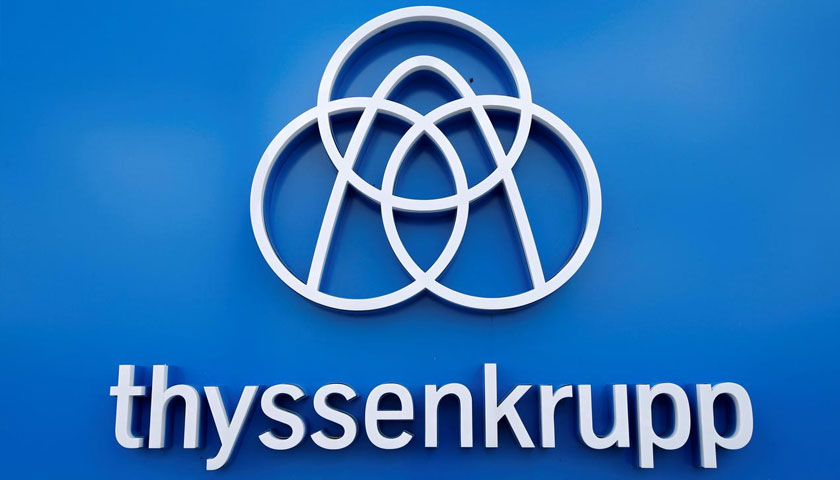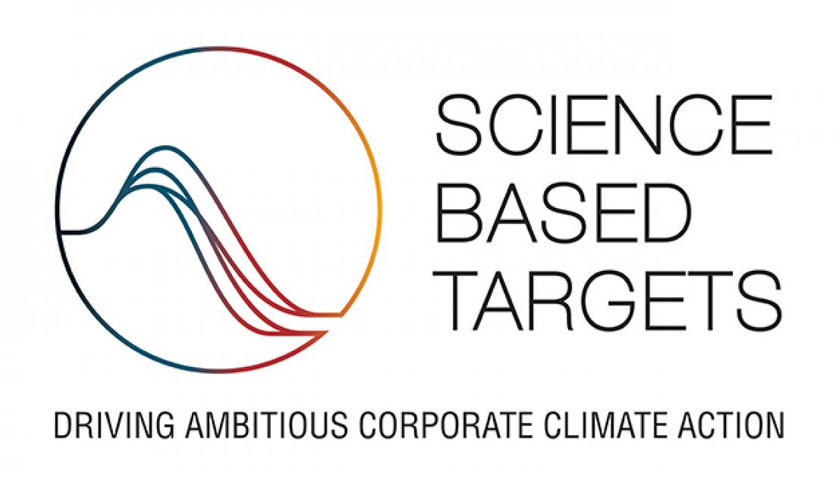The Science Based Targets initiative (SBTi) has approved thyssenkrupp’s climate targets. At the same time the organization has confirmed that thyssenkrupp is acting in line with the goals of the 2015 Paris climate conference, where the international community agreed to limit future global warming to well below two degrees.
The SBTi is a collaboration between CDP, the United Nations Global Compact, World Resources Institute (WRI) and the World Wide Fund for Nature (WWF). Its aim is to establish science-based climate targets as standard business practice, by defining and promoting best practice in science-based target setting. To this end, the targets defined by companies are subject to an extensive independent assessment based on the latest climate science. There are today only 10 German companies whose climate targets have been approved by the SBTi.
thyssenkrupp recently announced that it aims to become climate-neutral by 2050. To achieve this, the company has set two binding medium-term targets which have both been validated by the SBTi: Compared with the base year 2018, emissions from production and sourced energy (scope 1 and 2 greenhouse gas emissions) are to be cut by 30 percent. This target is in line with an emission reduction pathway of “well below two degrees Celsius”. In addition, emissions from the use of products and technologies by customers (scope 3 greenhouse gas emissions) are to be reduced by 16 percent compared with the base year 2017.
Donatus Kaufmann, thyssenkrupp Board member responsible for technology, innovation, sustainability, legal and compliance: “We are proud to gain SBTi validation. It shows that our Group continues to play a leading role in climate protection.”
Alberto Carrillo Pineda, Director, Science Based Targets at CDP, one of the Science Based Targets initiative partners, said: “We congratulate thyssenkrupp on setting ambitious climate targets in line with the goals of the Paris Agreement. As one of the largest industrial conglomerates in Europe, thyssenkrupp’s goal to reach net-zero emissions, backed by strong science-based targets, sends an important signal to policymakers about the readiness of the industrial sector to transition towards a net-zero carbon economy. We urge policymakers to act in support of this transition by setting a clear long-term direction and enabling policy frameworks.”
thyssenkrupp aims to achieve its targets related to own production and sourced energy by transforming its steel production towards direct-reduction with hydrogen, carbon capture and use technology, energy efficiency measures and the increasing use of renewables. To reduce emissions at customers thyssenkrupp focuses on technologies for carbon capture and use, solutions for the production of green hydrogen and the storage of renewable energy as well as e-mobility.
thyssenkrupp CTO Dr. Reinhold Achatz: “Green hydrogen plays a major role in our strategy. The production of sufficient quantities will require the expansion of renewable energies at a much faster rate in Germany than currently planned.”


